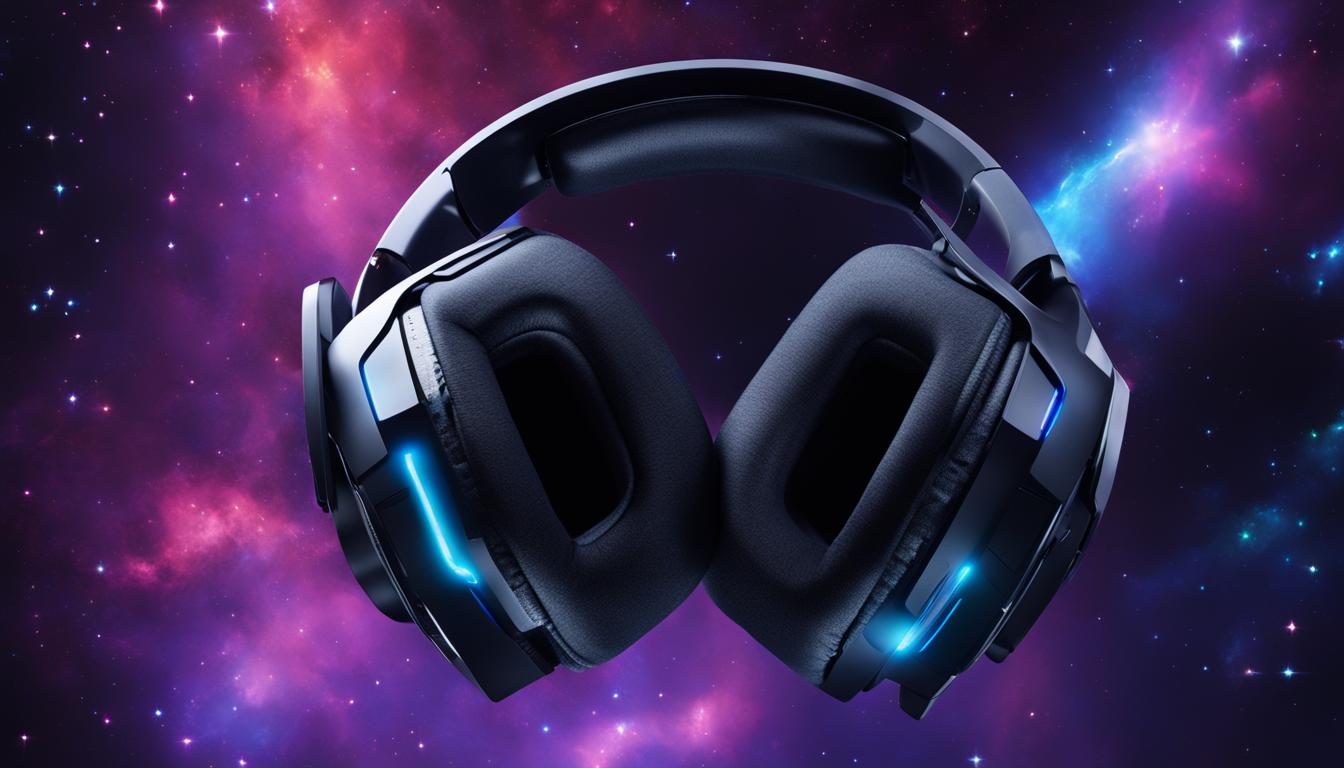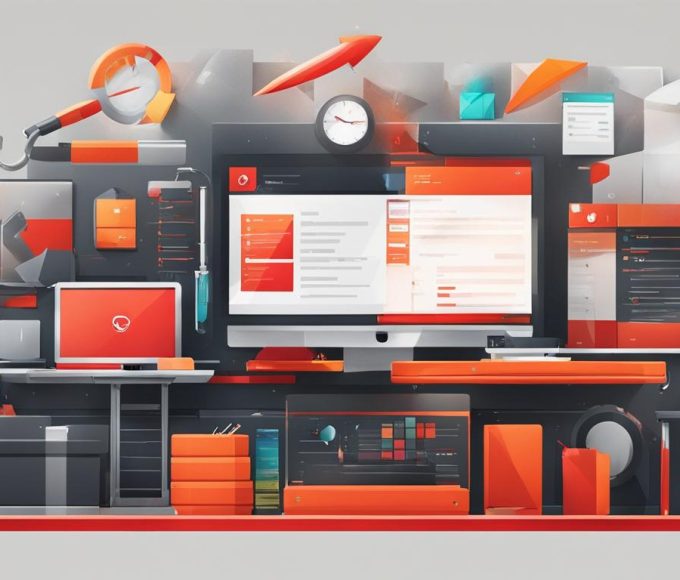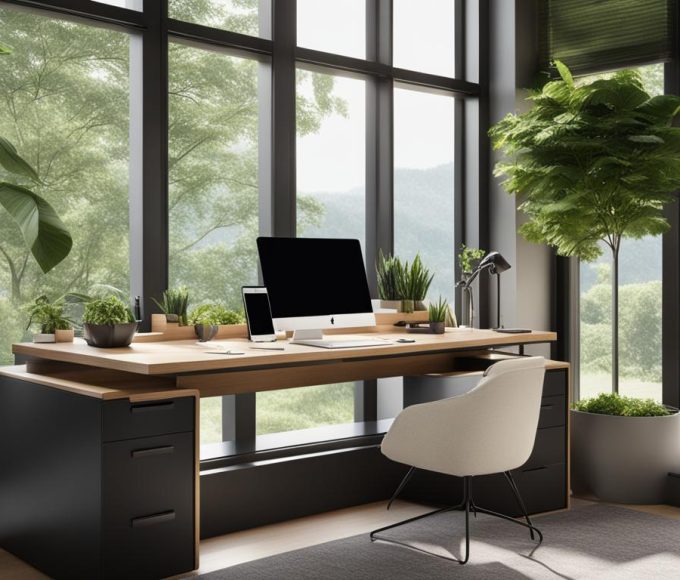Welcome to the world of gaming PC building! If you’re a gamer looking to elevate your gaming experience, building your own gaming PC is the way to go. Not only will you have complete control over your system’s specifications and customization, but you’ll also get to experience the satisfaction of building something with your own hands. In this guide, we will walk you through everything you need to know about building the best gaming PC for your needs. From selecting the right gaming PC components to optimizing your PC for peak performance, we’ve got you covered.
Before we get started, let’s discuss what a gaming PC build entails. A gaming PC build involves assembling various components to create a functional computer that is optimized for gaming. These components include a processor, graphics card, memory, storage, power supply, and more. By selecting the best components for your needs and preferences, you can create a gaming PC that outperforms pre-built options on the market.
In this guide, we will explore the best gaming PC components, provide a step-by-step guide on how to build your gaming PC, and offer tips on optimizing and maintaining your system. We will also discuss essential gaming PC accessories and offer troubleshooting advice to help you overcome common issues. Are you ready to start building the best gaming PC for your needs? Let’s get started!
Gaming Controller
While a keyboard and mouse are great for certain games, some games are better played with a controller. Look for a gaming controller with customizable buttons, ergonomic design, and reliable wireless connectivity.
Investing in these essential gaming PC accessories can take your gaming experience to the next level. Not only will they improve your performance, but they can also enhance your overall enjoyment of the game.
Troubleshooting Common Gaming PC Issues
Building and using a gaming PC can be a rewarding experience, but it’s not uncommon to encounter issues along the way. Fortunately, common problems have solutions, and we’re here to help you troubleshoot. Keep in mind that some problems may require professional help.
Hardware Compatibility Issues
One common issue is hardware compatibility. Incompatible components can cause a range of problems, from system instability to performance issues. To avoid these problems, it’s important to choose compatible hardware components. Make sure to check your motherboard specifications for compatibility with your other components, such as your processor and graphics card. Checking the manufacturer’s website for compatibility information is also recommended.
Overheating
Overheating is another common problem that can cause your gaming PC to shut down or become unstable. To prevent overheating, ensure that your PC has proper cooling solutions. This includes fans, heatsinks, and liquid cooling systems. You can also monitor your system’s temperature using software tools, such as HWMonitor.
Driver Issues
Driver issues can cause a variety of problems, such as performance issues and system crashes. To prevent these issues, it’s important to keep your drivers up to date. Make sure to install the latest drivers for your components from the manufacturer’s website. You can also use software tools, such as Driver Booster, to automate the driver update process.
Software Conflicts
Software conflicts can also cause problems, such as crashes and performance issues. To avoid these issues, make sure to install only necessary software and keep it up to date. You can also use software tools, such as CCleaner, to remove unnecessary files and registry entries that can cause conflicts.
If you encounter any of these problems, don’t panic. Take a step back, assess the situation, and try to identify the root cause of the problem. With some troubleshooting and patience, you’ll be able to resolve most common issues.
Maintaining and Cleaning Your Gaming PC
Congratulations on building your own gaming PC! Now that you have your dream machine up and running, it’s important to keep it in top condition. Proper maintenance and cleaning will not only ensure that your gaming PC lasts for years to come, but it will also help maximize its performance. Here are some tips for maintaining and cleaning your gaming PC.
Dusting Your Gaming PC
Over time, dust and other debris can accumulate inside your gaming PC and block airflow, leading to overheating and potentially damaging your hardware. To prevent this, it’s essential to regularly dust the inside of your gaming PC.
To do this, first, turn off and unplug your gaming PC. Use a can of compressed air to blow away dust from your components, making sure to target the fans, heat sinks, and other areas where dust tends to accumulate.
You may also want to remove your components and dust them individually. When doing this, be sure to ground yourself properly to avoid damaging your hardware with static electricity.
Cable Management
Proper cable management can help with airflow and cooling as well as making your gaming PC look more organized. Make sure that your cables are neatly organized and secured with zip ties or other cable ties. This will not only make your gaming PC look cleaner but also improve cooling and airflow.
Regular Software Updates
Keeping your operating system and software up to date is essential for optimal performance and security. Regular updates can help prevent compatibility issues and patch any security vulnerabilities.
Cooling Solutions
Overheating can cause damage to your gaming PC components. That is why it is important to ensure that your cooling systems are working properly. Check that your fans are running smoothly and that any liquid cooling systems are topped up and functioning without leaks.
Final Thoughts
By following these tips, you can keep your gaming PC running smoothly and ensure its longevity. Proper maintenance and cleaning allow for maximum performance and prevent costly repairs in the future. With a little bit of TLC, your gaming PC can continue to provide an immersive gaming experience for years to come.
Gaming PC Performance Monitoring and Benchmarking
Congratulations on building your own gaming PC! It’s time to optimize its performance and make sure it runs smoothly. Monitoring its performance and benchmarking it are essential to identify potential issues and ensure your system stays up to par.
There are several software tools available that can help you monitor your gaming PC’s performance. For example, MSI Afterburner and EVGA Precision X1 can help you monitor temperature, clock speed, and power usage. These tools can also help you adjust your GPU fan settings and voltages to optimize your gaming experience.
Benchmarking Your Gaming PC
Benchmarking your gaming PC allows you to compare your system’s performance with industry standards. It can also help you determine whether your system is running optimally and identify any bottlenecks.
There are a few popular benchmarking tools available, such as 3DMark and Cinebench. These tools will test your system’s graphics and processing capabilities and provide you with a score. You can use this score to compare your system’s performance with other similar gaming PCs.
It is important to note that benchmarking can put a lot of stress on your system, so make sure you have adequate cooling and power supply before running any benchmarks.
Overclocking Your Gaming PC
Overclocking is the process of increasing your system’s clock speed to improve its performance. While it can enhance your gaming experience, it can also cause damage to your components if not done properly.
If you decide to overclock your gaming PC, make sure you research and understand the process thoroughly. Every component has different overclocking capabilities and requires specific settings. It is recommended to only overclock your system if you have adequate cooling and a high-quality power supply.
Conclusion
Monitoring and benchmarking your gaming PC’s performance can help you identify any potential issues and optimize your system for an immersive gaming experience. Don’t forget to research and understand the process before overclocking your system to avoid any damage to your components. Keep your system cool and well-maintained to ensure longevity and peak performance.
Conclusion – Your Gaming PC Adventure Begins!
Congratulations on completing this comprehensive guide to building your own gaming PC! Armed with the knowledge and confidence gained from this guide, you are now ready to embark on your very own Gaming PC build adventure.
As you begin your journey, keep in mind the importance of careful planning, compatibility, and optimization. By selecting the right components, assembling them carefully, and maintaining your system, you can ensure a powerful, efficient, and long-lasting gaming PC that meets your needs and preferences.
Remember to always prioritize your budget and gaming requirements, and to select components that are both compatible and upgradable. Keep your system clean and well-maintained, and make use of software tools for monitoring and benchmarking your gaming PC’s performance.
With the right approach, you can create a gaming PC that delivers an immersive and unforgettable gaming experience. So, what are you waiting for? Start your Gaming PC build today and take your gaming experience to the next level!







